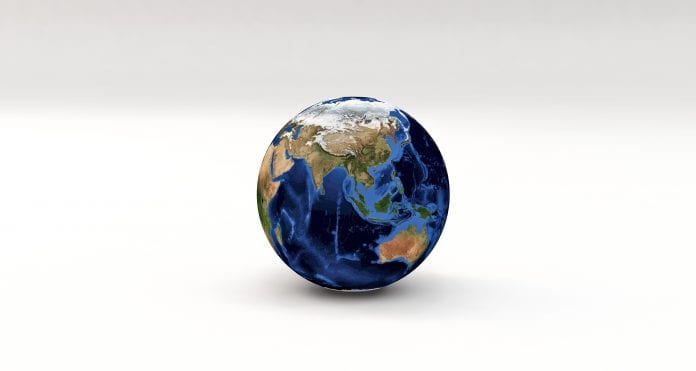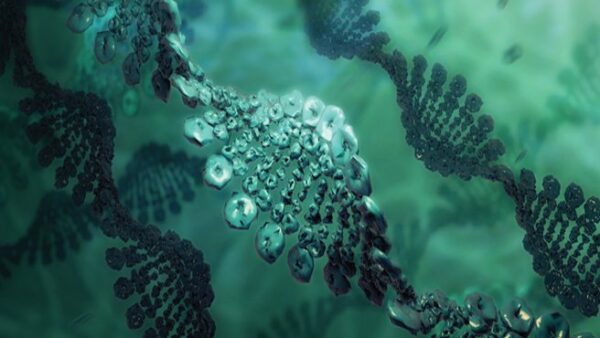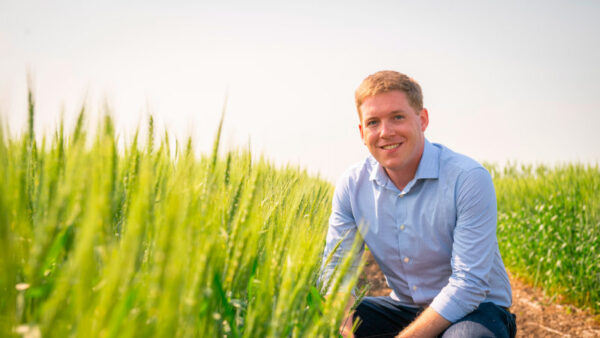The reintroduction of cotton in Ecuador, a new crop research institute opening in Estonia and Kenya bringing an end to 10-year GMO ban.
STATUS CHINA
Foxtail millet, Setaria italica, is one of the oldest and more resilient crops worldwide. Compared to rice and wheat, millet has excellent climate resilience and requires less fertilizer, pesticides, and irrigation than mainstream cereals. In addition, millet-based foods are nutritionally superior to other cereal crops. With these properties, this crop is poised to play an important role to strengthen food security for the world’s growing population. BGI in collaboration with the Chinese Academy of Sciences has uncovered a millet plant genotype-microbiota interaction network that contributes to phenotype plasticity. This study was published on October 7, 2022, in Nature Communications. Previous studies revealed key loci for early and late flowering times and blast-resistance in foxtail millet, but the loci associated with plant growth or yield are still not known. This research revealed the association between millet genotype, root microbiome, and agronomic traits through association analysis, and proposed genotype-dependent microbial effects for the first time.
Source: BGI
STATUS ECUADOR
In the last five years, the 127 members of the Association of Community Women of Tosagua Canton (AMUCONT) have been at the forefront of Ecuador’s groundbreaking initiative to bring back cotton production to the area. Since its heyday in the 1970s, the crop had almost vanished amid a combination of climate-related factors, pests and global economic trends.
The reintroduction of cotton, with the support of FAO, the Brazilian Cooperation Agency of the Ministry of Foreign Affairs and Ecuador’s Ministry of Agriculture and Livestock, is helping to transform the lives of rural communities, and women in particular as the country’s traditional farmers of cotton, as part of a diversified farming strategy. Modelled on successful experiences in Brazil, the project brings in cotton in rotation with the women farmers’ traditional crops of peanuts, cassava and maize, increasing the community’s resilience and adaptability to climate change.
Ecuador is just one of seven countries in the region, alongside Argentina, Bolivia, Colombia, Haiti, Paraguay and Peru, which are implementing the +Cotton project. This Trilateral South-South cooperation initiative promotes the sustainable development of the cotton value chain in the region to increase incomes and employment opportunities for family farmers.
This boost to these Ecuadorean women’s incomes has also raised their confidence. “We now feel we are in the driving seat of this enterprise, which is cotton,” says association member Melva Ormaza.
The work involves processing the fibre using innovative small-scale ginning technology. It’s a breakthrough empowering the community to produce cotton viably without relying on the large ginning factories, of which Ecuador’s last remaining one closed at the start of the COVID-19 pandemic. The project provided the mini-ginning machine, which is currently the only one in the country.
The community’s revival of cotton production will further strengthen the work of these women who, since forming their association in 2005, have played a vital role at the heart of the local economy and community as agents of social change, making them role models for many women in the surrounding area.
Source: FAO
STATUS ESTONIA
The new universal hall of the Estonian Crop Research Institute (Eesti Taimekasvatuse Instituudi or ETKI) in Jõgeva will be completed by next spring. The new facility, which will be outfitted with cutting-edge experimental equipment, will speed up sustainable plant breeding and plant protection research. Andre Veskioja, the director of the Estonian Crop Research Institute (ETKI), said that Estonia has enough cereal seeds on hand in case imports of seeds from other countries are halted. “Our level of self-sufficiency is nearly 300 percent, which means we produce three times more than we consume, as according to an unwritten rule, a single seed yields 20,” Veskioja said. Minister of Agriculture Urmas Kruuse also said that Estonia has enough strategic stocks to ensure food security even if no grain crosses the border.
Source: ERR.EE
STATUS KENYA
In a major policy shift, newly elected Kenyan President William Ruto’s government has authorised the cultivation and importation of genetically modified crops and animal feeds, bringing an end to a 10-year ban. The announcement came as the country experiences its worst drought in 40 years. It’s estimated that at least 4 million people are going hungry in 23 counties, forcing the government to provide them with food relief.
Source: African News
STATUS MEXICO
The results of banning the import of genetically modified (GM) maize in Mexico will not only result in economic losses amounting to billions of U.S. dollars in the country and North America, but will also affect the livestock sector, human health, food security and the environment, a recent report prepared by World Perspectives Inc. states.
The report was released by a coalition of leading food and agriculture industry stakeholders in both Mexico and the United States and highlights the projected impact that the GM maize import ban would have over the next 10 years. The ban will also cause setback to future innovation research including studies on the development of new genetic traits in order to increase food production and produce environmental stress-resilient crops. Likewise, non-GM crop production also waives the benefits of higher yields using reduced land use for agriculture, and the lower chemical applications along with the no-till practices that protect soils and lower carbon emissions.
Source: ISAAA
STATUS: NIGERIA
The Australian Centre for International Agricultural Research has awarded AATF a grant of 250,000 Australian dollars for the dissemination and monitoring of the pod-borer resistant (PBR) cowpea variety in Nigeria. The variety, Sampea 20-T, was developed and released to overcome a major yield limitation in cowpea in Nigeria, Ghana and Burkina Faso. Its release is the culmination of a breeding initiative that began in 2003, overseen by Dr TJ Higgins of the Commonwealth Scientific and Industrial Research Organisation (CSIRO), Australia.
Source: AATA-Africa
STATUS UKRAINE
Disruptions in crop production following Russia’s invasion of Ukraine is projected to elevate carbon emissions and food prices throughout the world, according to a new study by Indiana University ‚Äì Purdue University Indianapolis (IUPUI). Researchers utilized economic stimulation models to anticipate the short and long-term impacts of the invasion on climate change, prices of crops and food shortages, explained a release. Earlier this year in July, an assessment by Wageningen University predicted a 20% increase in energy prices and a 25% drop in exports from Russia due to trade restrictions and raised trade costs. IUPUI’s study yielded similar results, finding that the invasion’s effect on Ukrainian and Russian crop production and exports will continue to elevate food prices and food insecurity across the globe ‚Äì yet not as much as initially believed. Since the invasion, other countries have increased their production, recouping some of the losses. Researchers estimate an increase in corn prices up to 4.6%, with wheat prices climbing up to 7.2%. The team also predicted prices for crops including barley, rice, soybeans, wheat and sunflower to increase.
Read More from the November Issue:
Who Is Driving Sustainability?













